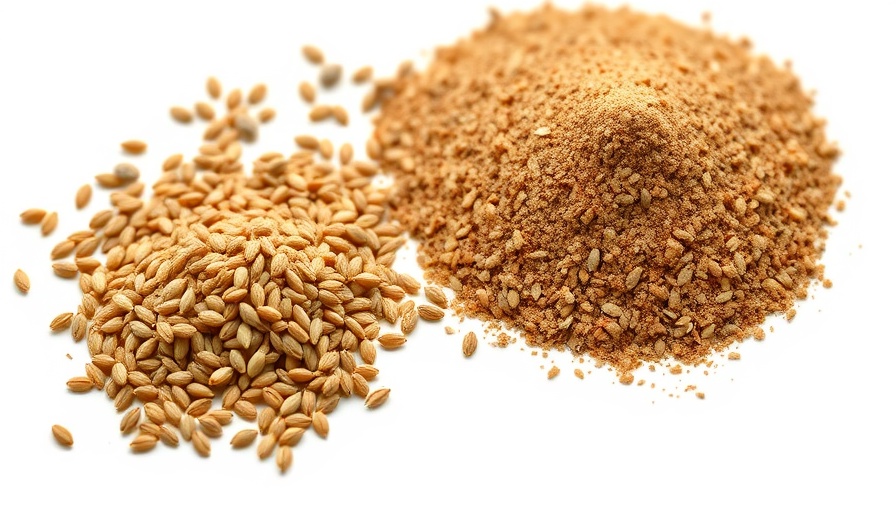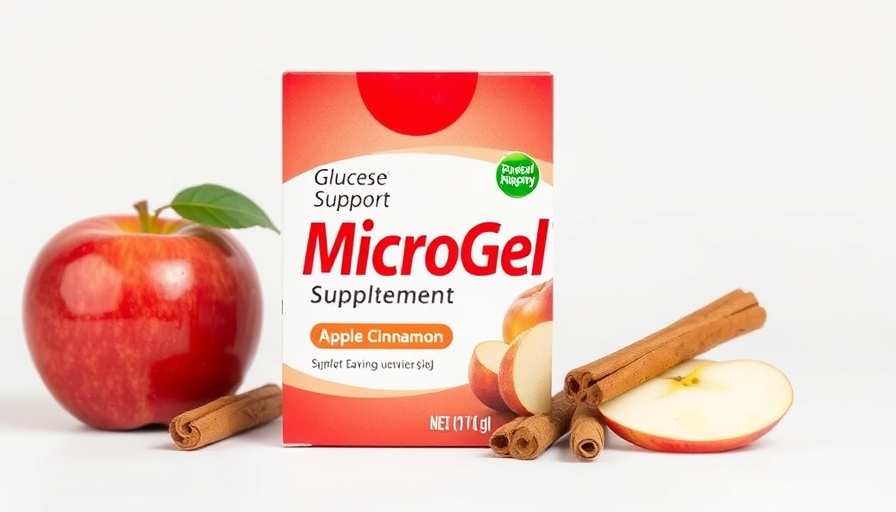
Understanding The Challenges to Your Immune System
American adults typically catch two to four colds a year, while children may experience even more frequent illnesses. If you find yourself battling viral infections multiple times a year, it may be time to evaluate factors influencing your immune response.
Chronic inflammation presents a significant challenge to the immune system. While acute inflammation is beneficial—promoting healing by increasing blood flow—persistent inflammation can escalate to a state known as metaflammation, often linked to obesity and metabolic stress. This ongoing state can inhibit your immune defenses and is a risk factor for serious health conditions.
The Role of Diet in Immune Function
Nutrition plays a critical role in determining our immune resilience. Research has demonstrated a direct connection between malnutrition and inflammation, which further weakens the immune system. A balanced diet rich in anti-inflammatory and antioxidant nutrients—such as vitamins C and E—can help counteract these harmful effects.
Include vibrant fruits, vegetables, nuts, and legumes in your meals, as they are packed with nutrients that support overall health. Whole plant foods not only bolster the immune system but also promote a robust gut microbiome, essential for effective immunity.
Moderate Exercise For Immune Balance
It's widely recognized that regular moderate exercise can enhance immune function. Physical activity can improve circulation and reduce inflammation, helping your body effectively fight off pathogens. However, it's important to avoid overtraining, which can have the opposite effect by inciting inflammation.
Aiming for at least 30 minutes of moderate exercise most days can strike the right balance for immune health. Simple activities like brisk walking, cycling, or swimming are excellent options.
Stress Management To Strengthen Immune Response
Long-term stress amplifies inflammation and can lead to an uplevel in cortisol—a hormone that, when chronic, can suppress immune function. Finding effective ways to manage stress, such as yoga, meditation, or deep-breathing exercises, is crucial.
Engaging in hobbies, spending time in nature, or connecting with friends can be equally beneficial. By prioritizing mental well-being, you effectively support your immune system.
Boosting Immunity Through Hydration and Sleep
Staying adequately hydrated is essential, as dehydration hinders the immune system's efficiency. Proper fluid intake helps maintain lymphatic function, which is vital for immune health. Make it a habit to drink water throughout the day to keep your body functioning smoothly.
Additionally, aim for 7-9 hours of quality sleep each night. Adequate rest strengthens your immune defenses, with studies indicating that sleep deprivation increases your susceptibility to illnesses.
Wrap-Up: Prioritize Your Health Holistically
While these remedies can enhance your immune system's strength, remember that a holistic approach to health involves consistently nurturing your body and mind. By making small yet impactful changes to your lifestyle—like improving your diet, managing stress, exercising moderately, and getting adequate rest—you can create a resilient immune system.
If you are looking to dive deeper into holistic health practices that optimize your immune support, consider exploring personalized nutrition programs or seeking guidance from a holistic health practitioner. Your proactive steps today can lead to a healthier tomorrow, serving not just as a defense against illnesses but as a path toward overall well-being.
 Add Row
Add Row  Add
Add 




Write A Comment